Ever find yourself captivated by the allure of cultural tourism, only to stumble upon the unsettling realization that your exploration might be leaving a not-so-pleasant impact? Welcome to the perplexing world of navigating the tangled vines of cultural sensitivity and tourism.
We’re about to embark on a journey to dissect the intricacies of what it means to engage with diverse cultures responsibly. So, grab your metaphorical compass and join me as we delve into the depths of how to navigate the murky waters of fixing a toxic mindset in cultural tourism. Let’s embark on this adventure together, shall we?
What is Cultural Tourism?
Cultural tourism is a type of tourism that involves travelling to a place to experience its culture. Such as its history, art, architecture, food, music, and festivals. Tourism can be a great way to learn about different cultures and to appreciate the diversity of the world. There are many different types of cultural tourism, but some of the most popular include:
- Historical tourism: This tourism involves visiting places of historical significance, such as ancient ruins, battlefields, and museums.
- Arts and culture tourism: This tourism involves visiting places of artistic and cultural significance. For example: art galleries, theatres, and concert halls.
- Gastronomic tourism: Travelling to a place to experience its food and wine.
- Religious tourism: Travelling to a place to visit religious sites, such as temples, mosques, and churches.
- Ethnic tourism: Travelling to a place to experience the culture of a particular ethnic group.

Impact of Cultural Tourism on Tourism Business
Cultural tourism has a significant impact on the tourism business. It can help to attract visitors to a destination, boost the local economy, and create jobs. Tourism can also help to preserve and promote cultural heritage in impactful as follows:
1. Increased tourist arrivals
Cultural tourism can attract visitors who are interested in the destination’s culture. This can lead to increased tourist arrivals and revenue for the tourism industry.
2. Increased spending
Cultural tourists tend to spend more money than other types of tourists. This interest often stems from their desire to purchase souvenirs, food, and other goods related to the local culture.
3. Creation of jobs
Cultural tourism can create jobs in the tourism industry, like tour guides, hotel staff, and restaurant workers.
4. Preservation of cultural heritage
Cultural tourism aids in preserving and promoting cultural heritage by generating revenue. As a result, it can fund conservation efforts.
5. Overtourism
Over tourism occurs when a destination becomes too popular, and the number of tourists overwhelms the local infrastructure and environment. This can lead to problems such as traffic congestion, pollution, and the loss of cultural authenticity.
6. Cultural commodification
People engage in cultural commodification when they exploit cultural traditions and artifacts for commercial gain. This can lead to the loss of authenticity and the exploitation of local communities.
7. Social impacts
Cultural tourism can have a negative impact on the host community, such as increased crime and the displacement of local residents.

Travellers Impact on Cultural Tourism – Review by Travel Psychologist
“The culture of my tourism business is starting to head down. Environment is starting to get really toxic, everyone’s complaining that they are overworked, and the vibe is getting really bad. Where is all this coming from and how do I change course?”
All elements of our tourism culture can be traced back to one core element: “Us.” – Mitesh Jain, Chief Travel Psychologist
We are the cultural North Star of our travel plans, and everything we do, and how we act, puts our ship on a course for good things, and if we allow it, really bad ones. Our challenge is that we often don’t recognize how even our simplest actions broadcast across the entire environment and poison the natural life of the planet. Even behaviors we consider positive can become the virus infecting everyone, propagating our worst tendencies.

1. Toxic Environment? That’s Us in Cultural Tourism
All of that terrible infighting and toxic environment — that’s on us. Either we encourage or we let it happen — either way, we’re responsible. We may not see it that way though, we may think that “everyone else is being shitty” but that’s not how this works. Yes, those people may in fact be acting awful, creating little cliques, and talking smack in Slack. But that behavior is a reflection of what we allow.
While the complaints and spoiling nature do in fact originate from the traveler, as the travel psychologist, it’s a foreseen responsibility to stamp it out and set the tone. By simply allowing it to create new proactive behavior in tourism, we are just encouraging the right movement for the future to withstand itself.
Conversely, if we nip it in the bud and address it head-on, either by calling out the offenders or in a more extreme case, parting company with them altogether (usually a better solution BTW), we’re setting the tone for everyone. And sometimes the human we need to be harshest with is ourselves. The moment we start acting toxic, we’ve basically given everyone else in the environment permission to follow suit.

2. Overworked and Burnt Out? Our Fault
Our life is going to pace itself at our pace, good or bad. If we’re busy slacking off and sending selfies from our world travels all the time, no one is going to work twice as hard while we’re working on our tan. On the other hand, if we’re working ourselves to death and convincing the rest of the life connections that they need to do the same in the name of lifestyle glory, their horrible health and mental not-so-well-being is entirely at fault.
We often fail to understand the massive impact we have on not only our own well-being but that of every person in our environment. Also having the ability, and this isn’t a great one, to inflict an ungodly amount of pain on so many people simply by the tone we set in our natural lifestyle.
We also have the power to do the opposite — to enable proactive behaviors, life changing decisions, and well-being. But if we assume that’s “their responsibility” we overlook the fact that their lives are directly correlative to the environment we create. We would never choose to make everyone miserable, but we have the power to do it regardless.

3. Ashamed of Being Who We Are? Cultural Tourism On Us.
Can our tourism actions even be about themselves, their true selves, within the environment? Can we openly talk about the struggles of daily life or are we supposed to be a caricature of the model person that we pretend to be so that we overlook our lives altogether? Is vulnerability a pro or a con?
If our personal self can’t tell us that they have to watch the environment versus working, or that they are fried from being overworked, or that they simply made a mistake, we’re going to try to solve the wrong problems. If we want to foster a culture that truly allows people to open up and share. We have to show that it’s OK to make a mistake because we make them too. We have to show that yes, life happens, and our lives happen too but we are proactive in solving our behaviors.
What we can’t do is expect our tourism culture to flourish without our guiding hand. We can’t expect the culture to develop in one direction while we’re personally heading in another. We are the amplifiers, and we need to be as deliberate in our actions to drive our internal culture. As we are to build our entire future based on the United Nations World Tourism Organization “UNWTO” global movement Tourism opens minds based 17 Sustainable Development Goals. This is the way.

To Conclude on Cultural Tourism, Share your thoughts!
Cultural tourism is a complex issue with both positive and negative impacts on the tourism business. It is important to carefully manage cultural tourism in order to maximize its benefits and minimize its negative impacts.
Here are some tips by travel psychologist for managing cultural tourism:
- Promote responsible tourism practices among tourists.
- Develop and implement proactive travel behaviours policies and practices.
- Work with local communities to ensure that they benefit from cultural tourism.
- Protect cultural heritage and promote its proactive sustainable use.
As days and years progress the global development has been hampering the planet’s health in return harming all life forms on this planet. As we understand the psychology of travel towards tourism culture. It stands as the biggest solution to move towards this solution oriented proactive behavior standards for tourist’s / travelers and the tourism businesses overall.

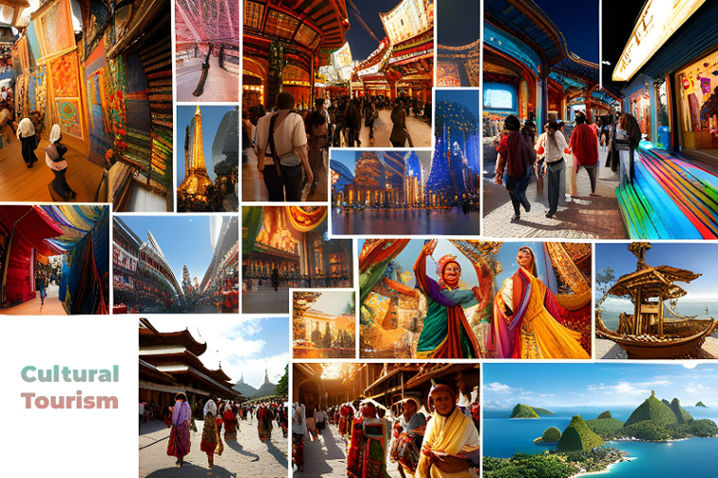

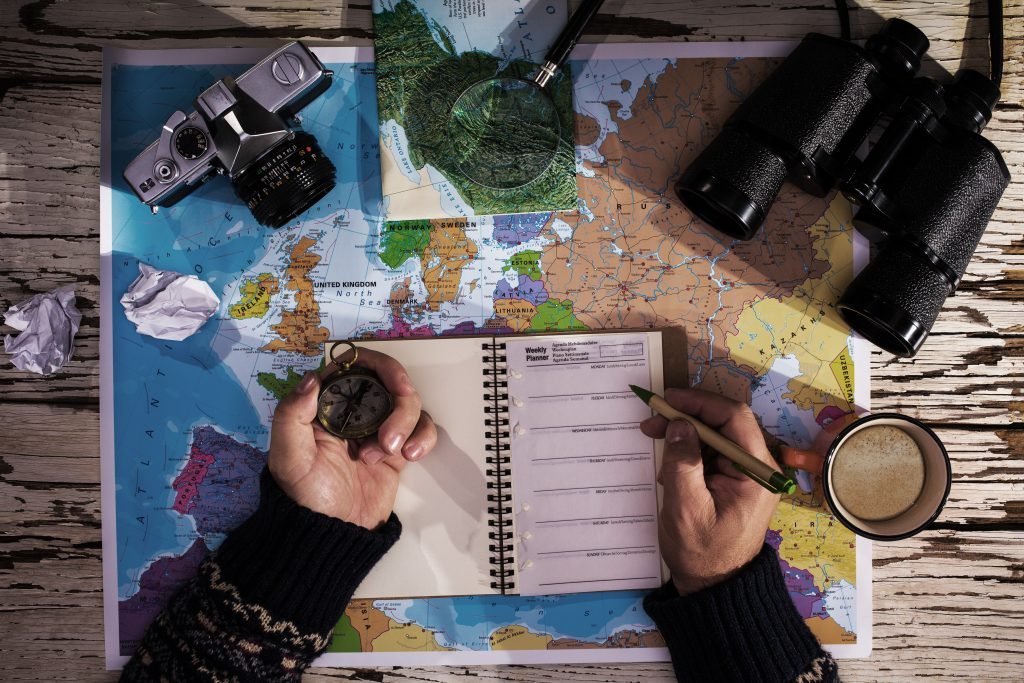
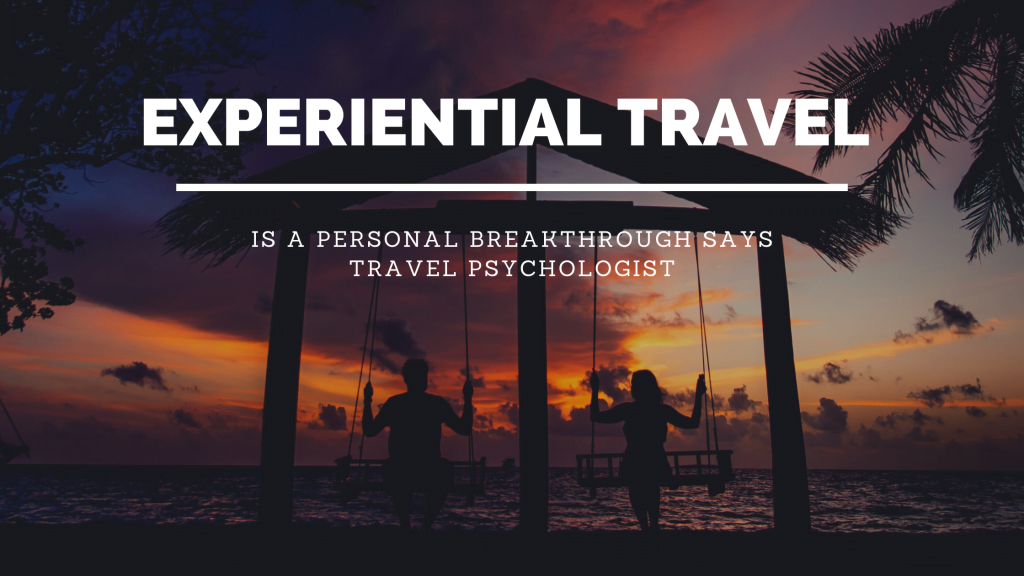
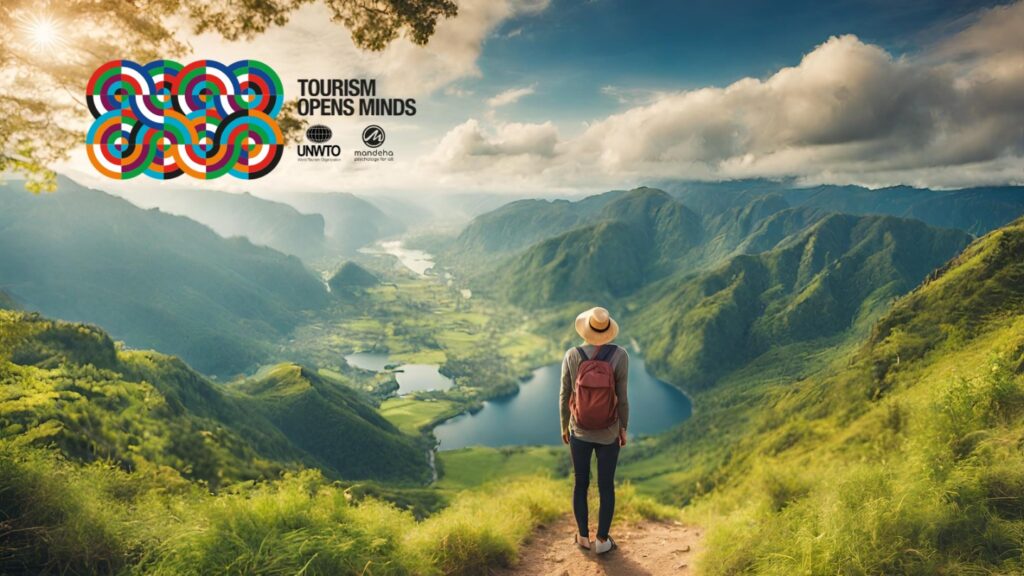
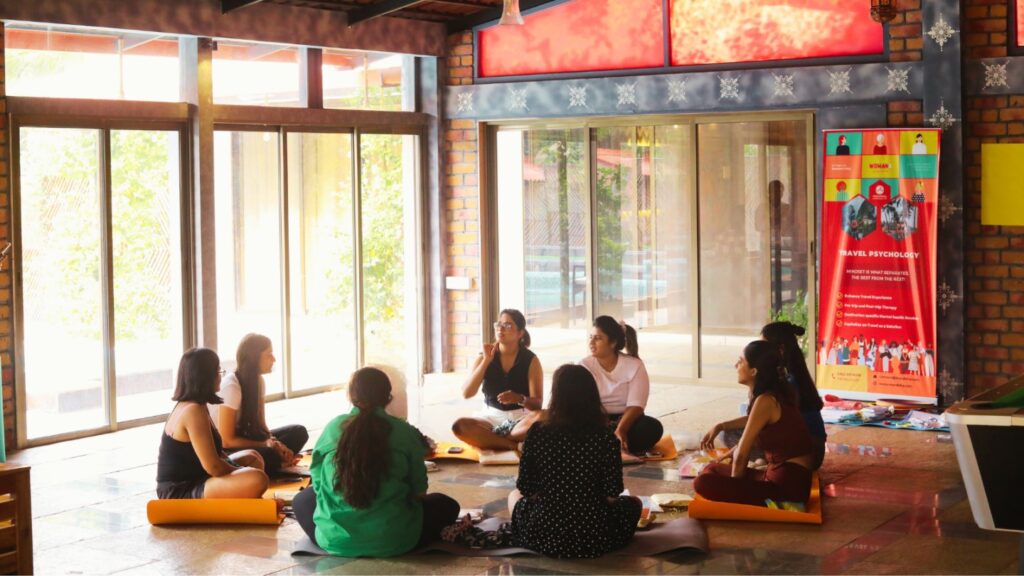

I would say wow!! that is eye opener towards toxicity of travellers mind on cultural tourism. Nice read.